一种变型折叠桌的参数化设计(含SolidWorks三维图)
无需注册登录,支付后按照提示操作即可获取该资料.
一种变型折叠桌的参数化设计(含SolidWorks三维图)(任务书,开题报告,外文翻译,论文说明书12000字,SolidWorks三维图)
摘要
本文主要讨论关于折叠桌的参数化设计问题,在任意给定桌面高度和桌面半径参数时,通过数学建模建立数学模型给出算法,确定所需平板材料尺寸以及最优的加工参数。
Solidworks作为目前最受欢迎的三维机械设计软件之一,在机械制造行业一直起着至关重要的作用。但为了缩短产品生产周期,提高生产效率,有必要对solidworks进行二次开发。本文介绍了折叠桌参数化设计的软件开发过程,基于VB编程语言,对开发人员具有一定参考意义。
关键词:参数化设计 数学建模 SolidWorks二次开发 VB编程
Abstract
In this paper, we discuss the parametric design problem of folding table. When the height of any given table and the radius of the table are given, the mathematical model is established by mathematical modeling to determine the required plate material size and the optimal machining parameters.
Solidworks, as one of the most popular three-dimensional mechanical design software, has played a vital role in the machinery manufacturing industry. But in order to shorten the product production cycle, improve production efficiency, it is necessary for secondary development of solidworks. This paper introduces the software development process of parameterized design of folding table, which is based on VB programming language and has certain reference significance for developers.
Key Words:parametric design ;Mathematical modeling;SolidWorks secondary development;VB programming
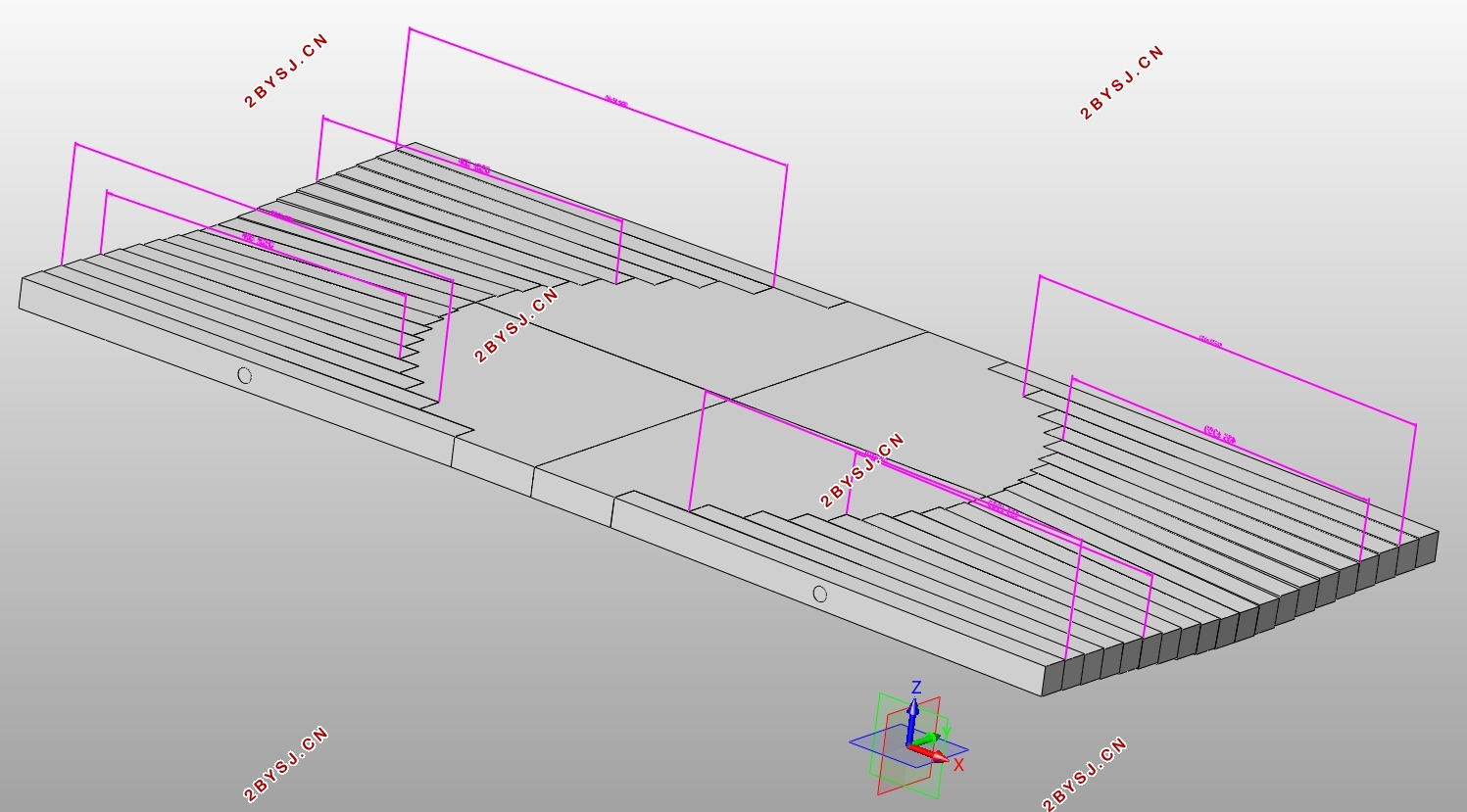
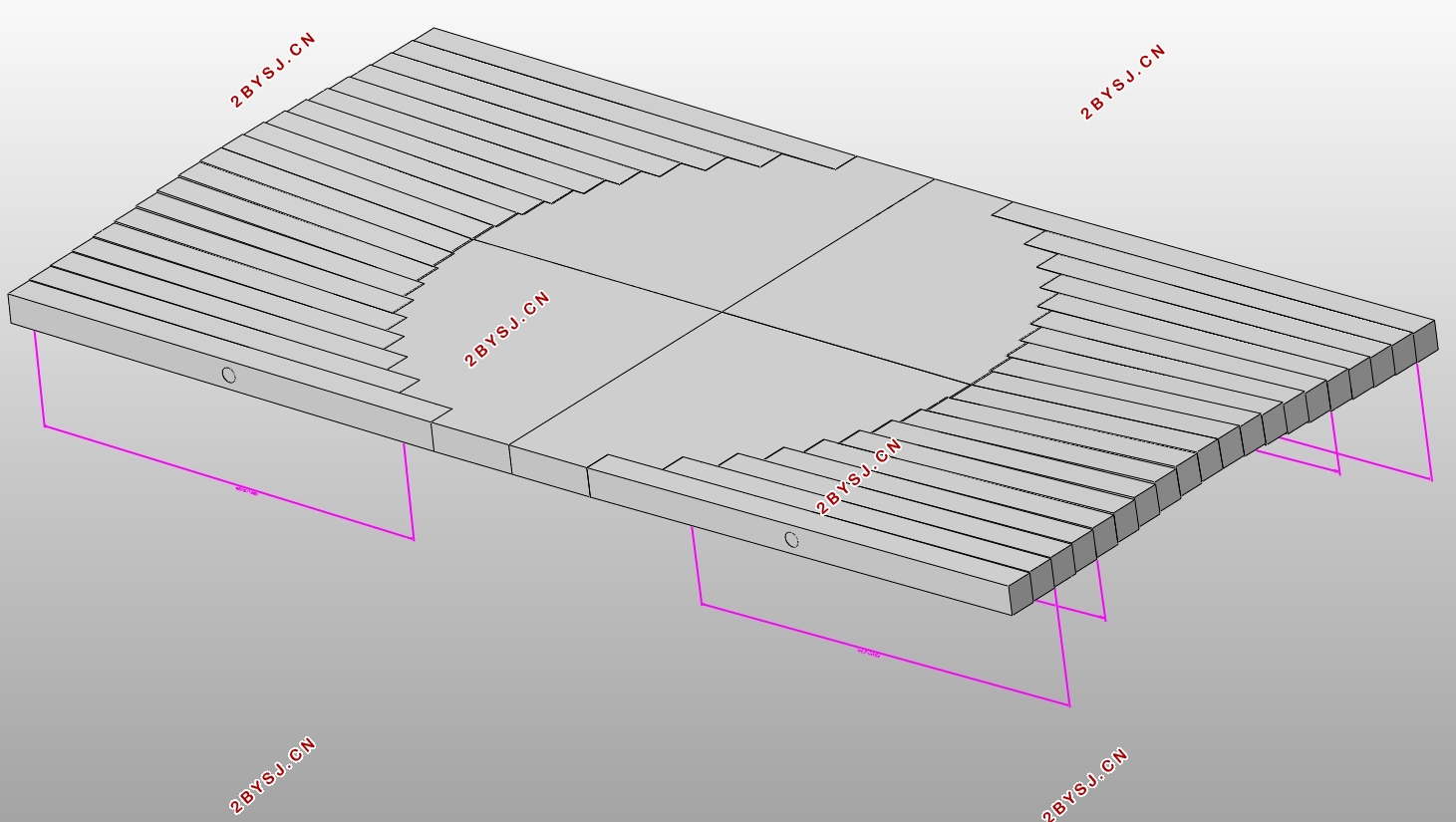
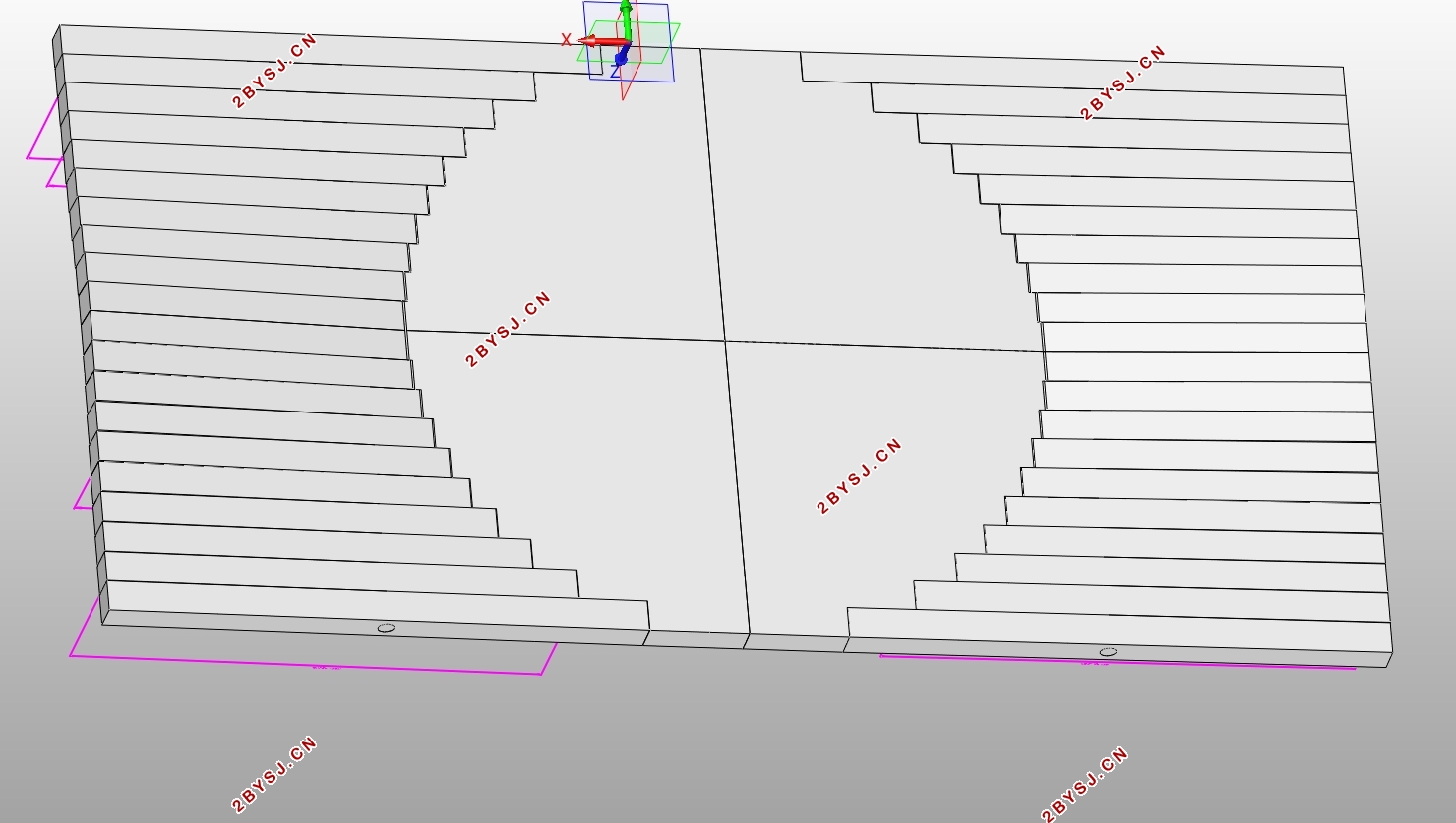
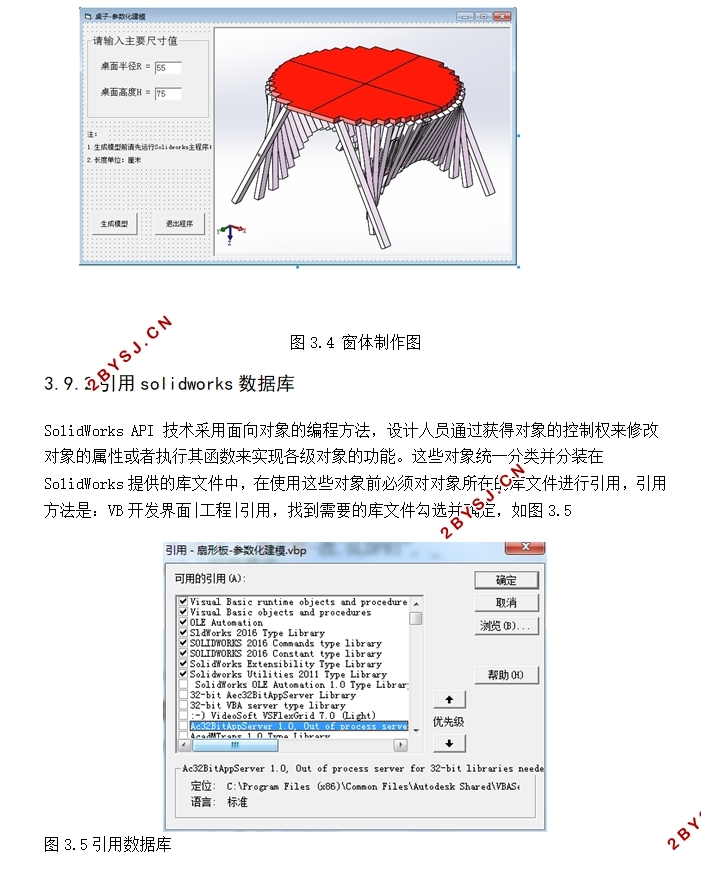

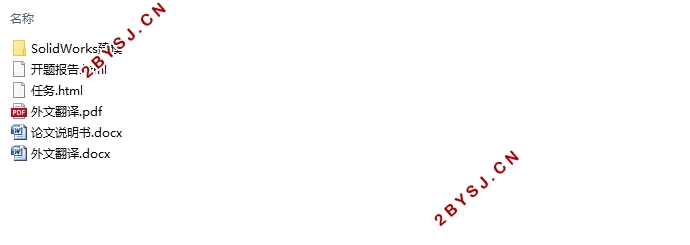
目录
第1章 绪论......................................................1
1.1 课题研究背景、目的及意义...................................1
1.2 国内外研究现状.............................................1
第2章 折叠桌最优设计加工参数算法................................2
2.1 问题分析...................................................2
2.2 符号说明...................................................2
2.3模型的建立与求解............................................3
2.3.1确定桌腿数目..............................................3
2.3.2稳固性证明................................................4
2.3.3平板材料省料计算..........................................6
2.3.4 加工方便..................................................6
第3章 solidworks二次开发........................................8
3.1SolidWorks软件简介..........................................8
3.2二次开发的目的及原理........................................9
3.3solidworks API对象模型概述..................................9
3.4开发方法....................................................10
3.4.1基于0LE自动化技术........................................10
3.4.2基于COM规范..............................................10
3.5开发形式....................................................11
3.6开发语言....................................................11
3.7 VB编程语言简述.............................................11
3.8参数化设计..................................................13
3.8.1 参数化设计的概念..........................................13
3.8.2零件参数化设计的方法.......................................13
3.8.2.1编程法...................................................13
3.8.2.2尺寸驱动法...............................................14
3.9开发步骤....................................................14
3.9.1启动VB程序,制作用户窗体................................14
3.9.2引用solidworks数据库....................................15
3.9.3 VB连接与释放SolidWorks对象.............................16
3.9.4模型文件的载入...........................................16
3.9.4.1 新建模型文件..........................................16
3.9.4.2 载入已存在的模型文件..................................17
3.9.5模型的参数化修改.........................................17
3.9.5.1方法...................................................17
3.9.5.2算法修改...............................................17
3.9.5.3数据校验...............................................20
3.9.5.4程序编写...............................................22
3.10结果演示..................................................23
3.10.1打开窗体................................................23
3.10.2生成模型................................................23
第4章 结论.....................................................24
参考文献........................................................25
致谢............................................................25
附录A...........................................................27
附录B...........................................................28
附录C...........................................................31
